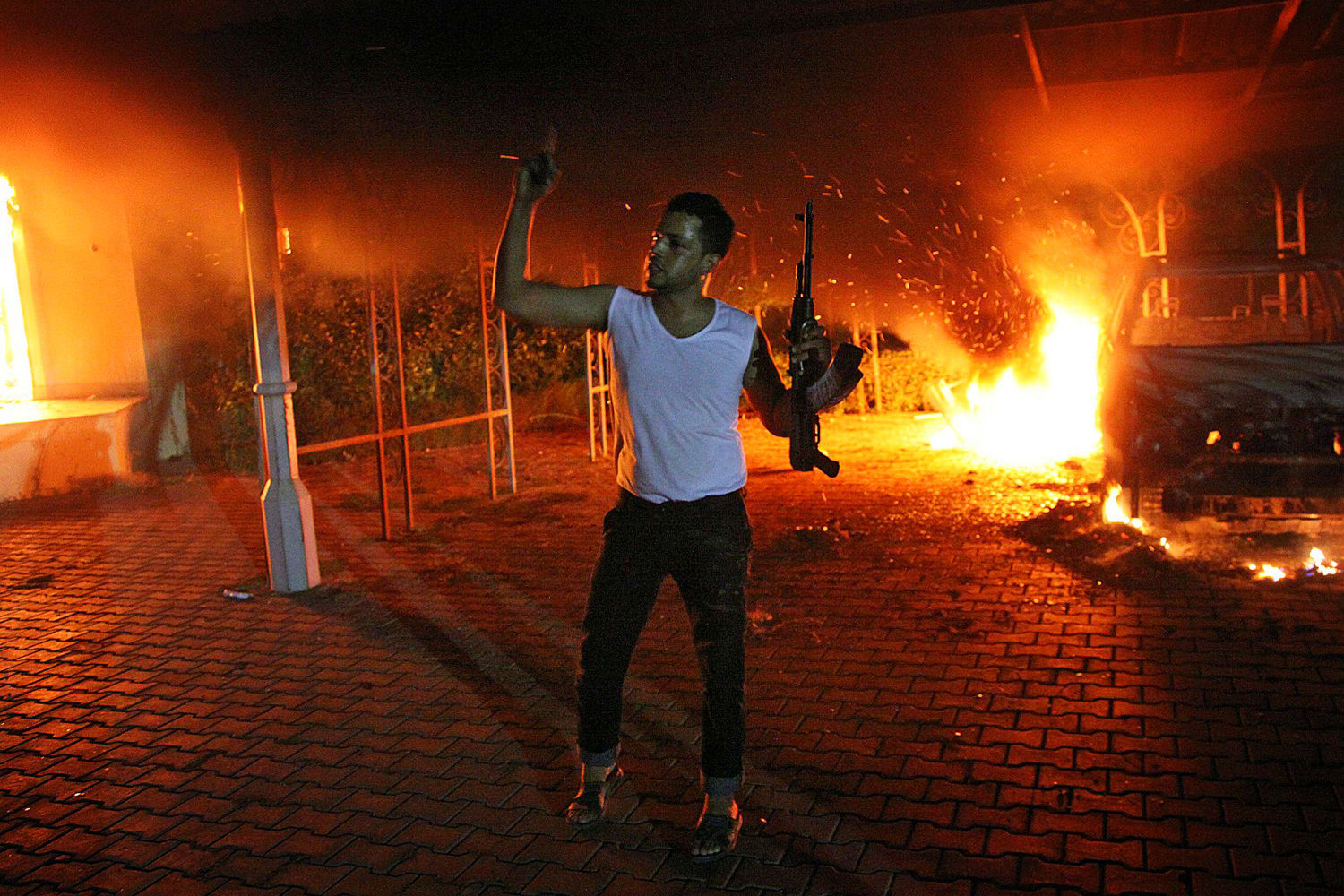The DoD operates a variety of facilities and organizations for service members wounded in combat. This is a short history of TreatNOW’s relationship with the Camp Lejeune Wounded Warrior Battalion East [ https://www.woundedwarrior.marines.mil/ Unit-Home/Wounded-Warrior-Battalion-East/ ], the USSOCOM Warrior Care Program (Care Coalition) [ https://www.socom.mil/care-coalition/Pages/Warrior-Care-Program-Mission.aspx ], and the NICOE/Intrepid Spirit Center, Camp Lejeune. Together, these three service organizations work to get help to service members.
The Wounded Warrior Battalion East in Jacksonville, NC provides leadership and ensures compliance with laws and Department of Defense (DoD) regulations related to the support, recovery, and non-medical care of combat and non-combat wounded, ill, and injured (WII) Marines, Sailors attached to Marine units, and their family members in order to maximize their recovery as they return to duty or transition to civilian life.
The U.S. Special Operations Command Warrior Care Program (Care Coalition, Camp Lejeune) was established in 2005 to provide Special Operations Forces (SOF) Wounded, Ill, or Injured Service Members and their families advocacy after life changing events in order to navigate through recovery, rehabilitation, and reintegration as quickly as possible, strengthening SOF readiness.
The National Intrepid Center of Excellence (NICoE) is the Military Health System institute for complex, comorbid traumatic brain injury and psychological health conditions. Through Intrepid Spirit Centers, NICoE delivers comprehensive and holistic care, conducts focused research, and exports knowledge to benefit service members, their families and society. Camp Lejeune hosts one of ten Intrepid Spirit Centers.
In 2015 a team of doctors from the Vidant hospital in Greenville, NC, accompanied by the CEO of the Community Foundation of North Carolina East (CFoNCE), and a local Vietnam veteran visited the NICOE at Camp Lejeune. The visit was to serve two purposes: determine how NICOE was treating the marines assigned, and to explore the possible use of hyperbaric oxygen therapy (HBOT). While the visit did demonstrate how NICOE was treating the marines, no decision was made about HBOT for TBI/PTSD.
This visit resulted in an introduction to staff members at the Wounded Warrior Battalion (WWB), and eventually led a WWB nurse practitioner case manager recommending to one of her Marines to try HBOT. His relatives told a familiar tale: after decades of service, multiple combat tours, and a steady decline toward depression and suicide, including a multitude of ineffective treatments by DoD, the Marine had lost hope.
Multiple calls and meetings among medical, legal, USMC/HQ and the patient led to an agreement that the TreatNOW Coalition and others would be allowed to “donate” funding for the Marine to receive HBOT treatment at Extivita in Durham, NC. With funding provided by the CEO of CFoNCE
that Marine was successfully treated at the HBOT clinic [https://www.extivita.org/] in Durham, NC. This Sergeant Major's results were so life changing/restoring that the WWB doctor began prescribing HBOT whenever requested by the case managers. Since then, a dozen and a half active-duty marines have been successfully treated, with funding provided by local citizens supporting the CFoNCE requests as well as other charities including TreatNOW located in Washington, DC. Successes have resulted in doctors in the Camp Lejeune routinely prescribing HBOT for Marines in need. (NOTE: Over a dozen MARSOC Marines from Camp Pendleton have been treated on an ad hoc basis at a Coalition clinic in CA and Colorado [https://rockymountainhbot.com/]).
The above efforts provided the foundational background and results which led to a 2019 North Carolina law [https://treatnow.org/contact/state-campaigns/state-campaigns-kentucky/] authorizing HBOT for military families suffering TBI and PTSD injuries; and, beginning in 2021, state funding to support HBOT for these families. At this writing over 200 brain-injured military, active duty and Veterans, have completed 40 sessions of HBOT at the Extivita clinic. [Videos of some successes are at: https://www.extivita.org/testimonials/].
The process for treatment evolved over the past five years. Marines request help for their PTSD/TBI from WWB/East staff. TreatNOW is contacted by a Care Coalition manager. Forms are filled out for each individual. Within two weeks, permission is typically granted for our Coalition to provide funding for travel, per diem, food and housing, along with 40 treatments; some need more than 40 treatments. The Marine typically leaves Lejeune on Monday morning for the two-hour drive – with or without care giver – up to Durham. A single dive in the afternoon on Monday is followed by two dives (morning and evening) on Tuesday, Wednesday, and Thursday, with the last dive of the week on Friday. The Marine returns home for the weekend, then resumes the 8-dive per week regimen until 40 dives are completed. Pre- and post-treatment tests are administered. Some other alternative therapies are available, depending on the patient’s needs and availability.
Over time, the Community Foundation of NC East has taken over fiduciary responsibility for treatments, using donated funds, along with funding provided by the NC Legislature. Reduced funding for dives are generously provided by Mr. Edward di Girolamo, CEP and owner of the EXTIVITA Clinic and the Steel Network, Inc. [https://steelnetwork.com/]
The established process for supporting Camp Lejeune Marines [including additional relationships now at Fort Liberty/Bragg Special Operators] is formalized in a document presented to the NC Legislature. Full details of the program at Extivita are contained at: https://treatnow.org/contact/state-campaigns/state-campaigns-north-carolina/.
NOTE: Marines have been involved with HBOT almost from the beginning: the CNO and Commandant of the USMC testified positively to Congress in 2009 [https://www.youtube.com/watch?v=NoDa9xLZmJw&t=84s] and Marines were cleared to participate in DoD/VA studies as early as 2011. Those studies demonstrated the safety and efficacy of HBOT for TBI/PTSD. Additionally, 21 clinical IRB medical HBOT trials have been completed since 2007, four of them government-funded, demonstrating the safety and efficacy. Dr. Paul G. Harch published peer-reviewed documents on mild TBI (mTBI) may be viewed here, and HBOT for PTSD may be viewed here. Ten states have enacted HBOT for mTBI/PTSD treatments with seven states funding over $32 million to date and may be viewed here.



%201.svg)



%20community%20working%20together%20with%20the%20TreatNOW%20Coali.webp)







